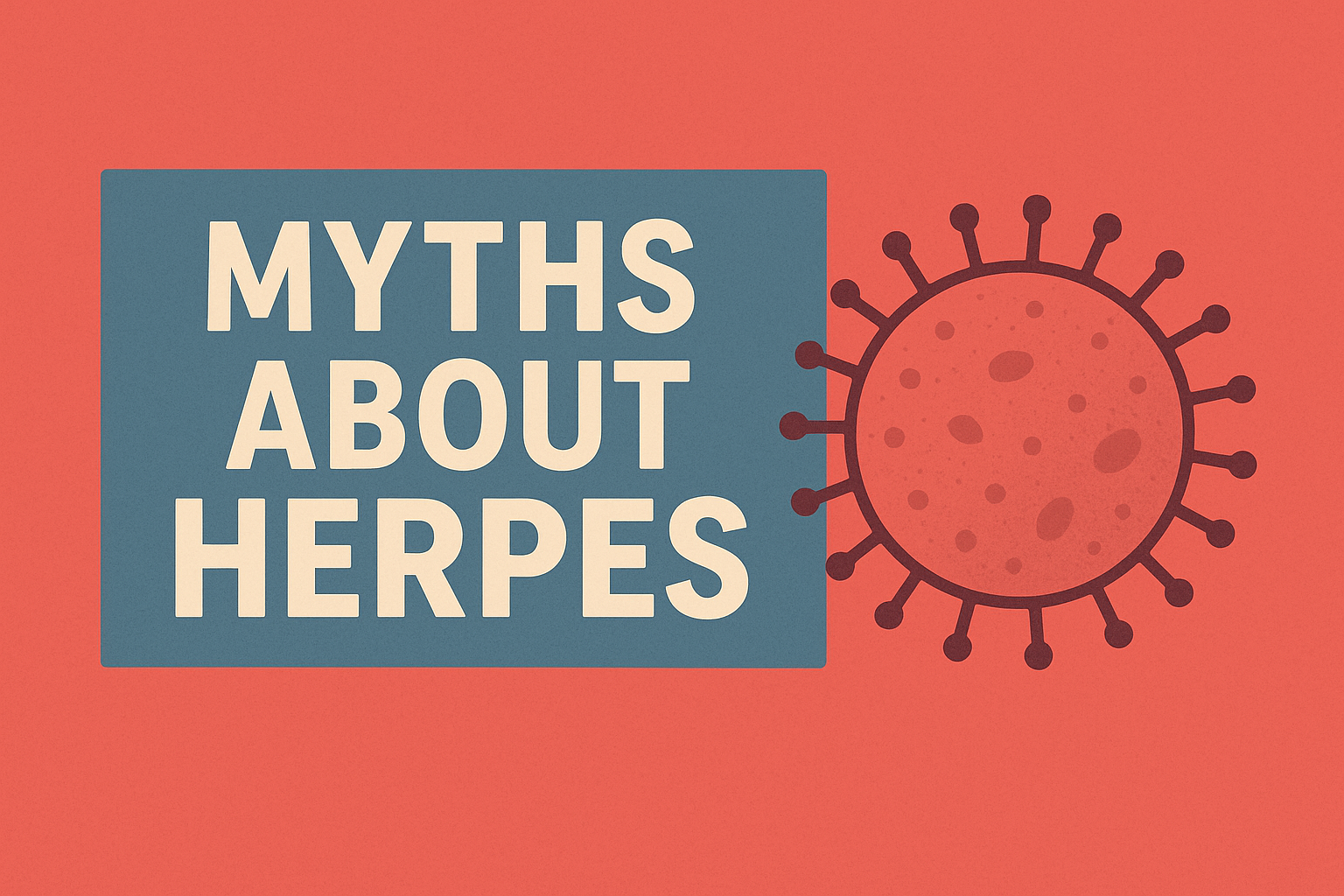
There are many reasons a person should get checked for STDs before they engage in sexual activity with a new partner. In order to protect yourself and your partner, you should have STD testing performed beforehand. And, so should they.
Many STDs can be present in the body without ever showing symptoms. This is incredibly common. It is what’s known as asymptomatic, and it can lead to the spread of infection. Sometimes, your partner may have never shown any signs of infection but a previous partner tested positive for an STD. If your partner has not confirmed that they are not also infected by having STD testing performed, then you may be at risk. This is the exact reason why sexual health educators say that if you have sex with one person, you are also having sex with every person they have had sex with.
Sometimes, people can be nervous or scared to share information about their sexual health. Your partner may have had an STD in the past and may be afraid to share their experience. Some STDs are completely curable, such as chlamydia, syphilis, trichomoniasis or gonorrhea. Other STDs are viral, like genital herpes, hepatitis or HIV, and therefore stay with a person for life. Understanding what STDs are and how they are treated can really help with any discussion about sexual health. The more you know about sexual health, the easier it will be to talk about. It is important to have an open and honest conversation with your partner about their sexual history and when they last tested for STDs and HIV.
Maybe you and your partner are engaging in intercourse for the first time. It is possible to contract an STD the very first time you have sex. Many people consider themselves virgins because they have not engaged in vaginal sex, however, this is not the only sexual activity that can expose a person to STDs. Many STDs can be transmitted through oral and anal sex, such as genital herpes, chlamydia, gonorrhea, HPV and syphilis.
How often should you test for STDs and HIV. The Centers for Disease Control and Prevention recommend that all adults and adolescents between the ages of 13 and 64 should be tested at least once in their lifetime for HIV. It further recommends that anyone who engages in unsafe sexual activity or shares intravenous drug equipment should test at least once a year. Sexually active gay and bisexual men are urged to test more frequently.
According to the CDC, all sexually active women under the age of 25, or older women with multiple sex partners, are recommended to test for chlamydia and gonorrhea annually. All sexually active gay, bisexual or other men who have sex with men (MSM) should test for syphilis, chlamydia and gonorrhea every 3-6 months.
Anytime you engage in sex, you can run the risk of catching an STD. You are in charge of your own sexual health and it is your responsibility to take the proper steps to ensure you are protected. If you have become sexually active, then the best way to know the current status of your sexual health is to have an STD test performed. Remember to always check your status before you enjoy sexual activity.






